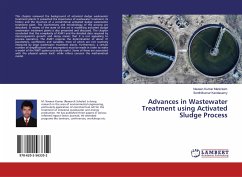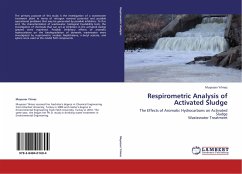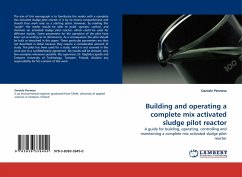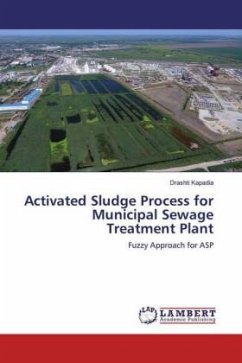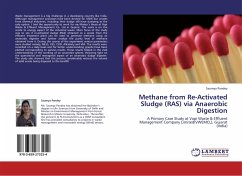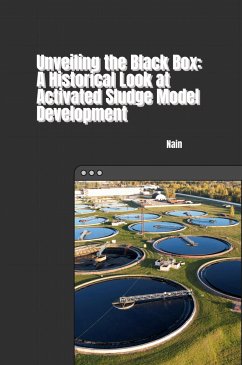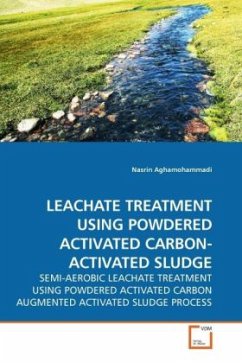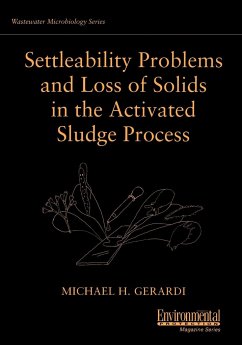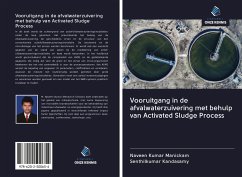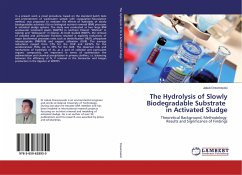
The Hydrolysis of Slowly Biodegradable Substrate in Activated Sludge
Theoretical Background, Methodology, Results and Significance of Findings
Versandkostenfrei!
Versandfertig in 6-10 Tagen
41,99 €
inkl. MwSt.

PAYBACK Punkte
21 °P sammeln!
In a present work a novel procedure, based on the standard batch tests and pretreatment of wastewater sample with coagulation-flocculation method, was proposed to evaluate the effects of hydrolysis of slowly biodegradable substrate (Xs) on biological nutrient removal (BNR) processes in activated sludge systems. The study was conducted at two large BNR wastewater treatment plants (WWTPs) in northern Poland: "Wschod" in Gdansk and "Debogorze" in Gdynia. At both studied WWTPs, the removal of colloidal and particulate fractions resulted in explicitly reductions of major biochemical processes rates...
In a present work a novel procedure, based on the standard batch tests and pretreatment of wastewater sample with coagulation-flocculation method, was proposed to evaluate the effects of hydrolysis of slowly biodegradable substrate (Xs) on biological nutrient removal (BNR) processes in activated sludge systems. The study was conducted at two large BNR wastewater treatment plants (WWTPs) in northern Poland: "Wschod" in Gdansk and "Debogorze" in Gdynia. At both studied WWTPs, the removal of colloidal and particulate fractions resulted in explicitly reductions of major biochemical processes rates such as denitrification (NUR), phosphate release/uptake (PRR/PUR) and oxygen utilization (OUR). The average reductions ranged from 13% for the OUR and 24/32% for the aerobic/anoxic PURs, up to 35% for the NUR. The observed role and mechanisms of hydrolysis of Xs, as a part of colloidal and particulate organic compounds, are important in terms of optimization the sedimentation and chemical precipitation in primary clarifiers, i.e. balancing between the efficiency of N, P removal in the bioreactor and biogas production in the digester at WWTPs.



